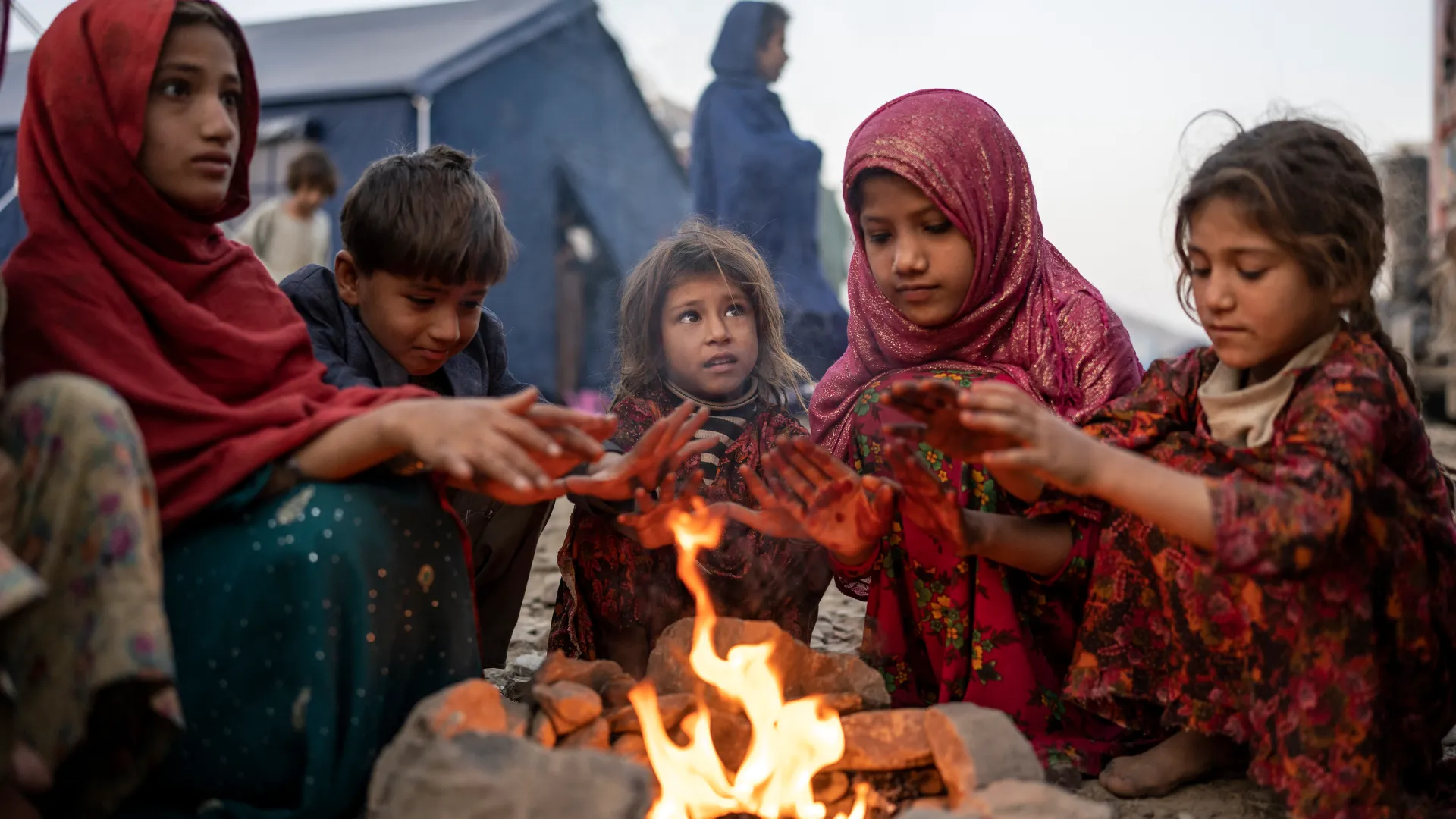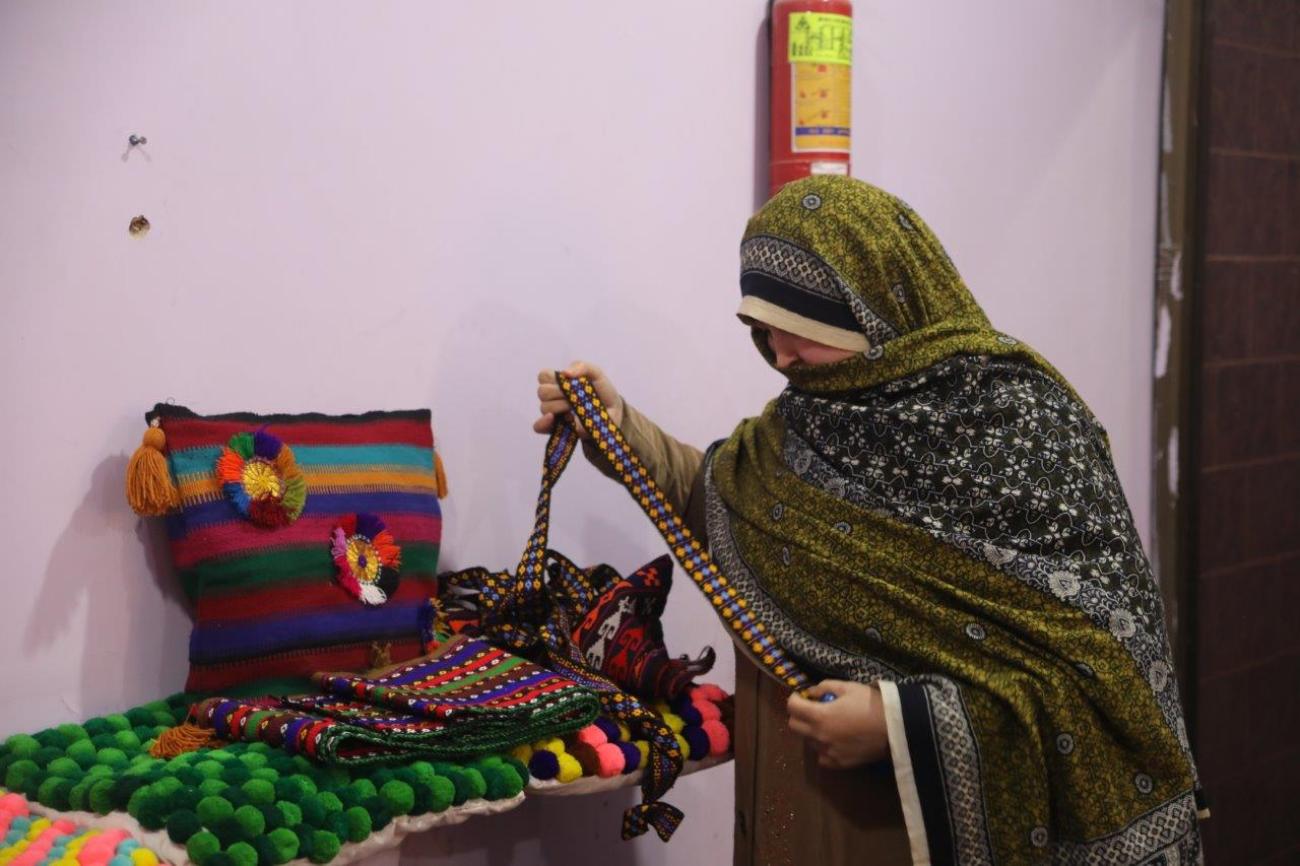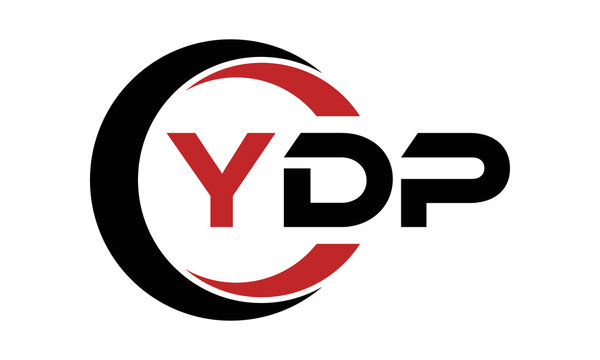PIHRO’s refugee support programs are rooted in the principles of SDG 10 (Reduced Inequalities), SDG 4 (Quality Education), and SDG 3 (Good Health and Well-being), as well as the 1951 Refugee Convention. As a founding member of the Refugees Rights Network Pakistan (RRN), PIHRO plays a key role in advocating for and protecting the rights of refugees in Pakistan.

PIHRO supports Afghan refugees with a focus on empowering women, who often face barriers to education, healthcare, livelihoods, and protection from gender-based discrimination. Through vocational training, income-generation programs, and digital literacy, refugee women are equipped with sustainable skills to support their families.
Alongside economic empowerment, PIHRO provides legal assistance on documentation, residency, and protection from exploitation, ensuring refugees can access their rights with dignity. Awareness sessions on healthcare, reproductive rights, girls’ education, and protection against violence further strengthen women’s role within their communities.


By integrating livelihood support, legal aid, and rights awareness, PIHRO fosters resilience, dignity, and self-reliance among Afghan refugee women, enabling them to contribute actively to community life.
Afghan Refugees: Established community schools within refugee settlements and facilitated admissions into public schools, ensuring displaced children had access to quality education.
Kashmiri Refugees: Provided scholarships, learning materials, and skill-development opportunities, enabling both formal and informal education pathways.


Kashmiri refugees received holistic assistance, including housing, vocational training, and integration support. Afghan refugees benefited from skill-development programs tailored to their cultural and economic contexts, helping them generate sustainable incomes.
PIHRO provided medical assistance, including artificial limbs and prosthetics, to refugees with disabilities caused by conflict or accidents. These interventions restored mobility, dignity, and livelihood opportunities.


PIHRO offered temporary and transitional shelters to Afghan and Kashmiri refugees, especially those newly displaced or without adequate housing. This ensured safety, protection from harsh weather, and stability to rebuild their lives.
Many refugees face legal insecurity due to lack of documentation. PIHRO provided legal aid for visa regularization, identity documentation, and residency permits. In several cases, we successfully secured the release of refugees detained for documentation-related offences, protecting their rights under humanitarian law.


PIHRO launched leadership training programs for Afghan refugee students in Pakistan. These programs enhanced civic engagement, leadership capacity, and conflict resolution skills, empowering refugee youth to contribute positively to their communities.
In collaboration with humanitarian partners, PIHRO facilitated the distribution of Food Items (FIs) and Non-Food Items (NFIs), including hygiene kits, clothing, and household essentials, meeting the urgent needs of refugee households.
